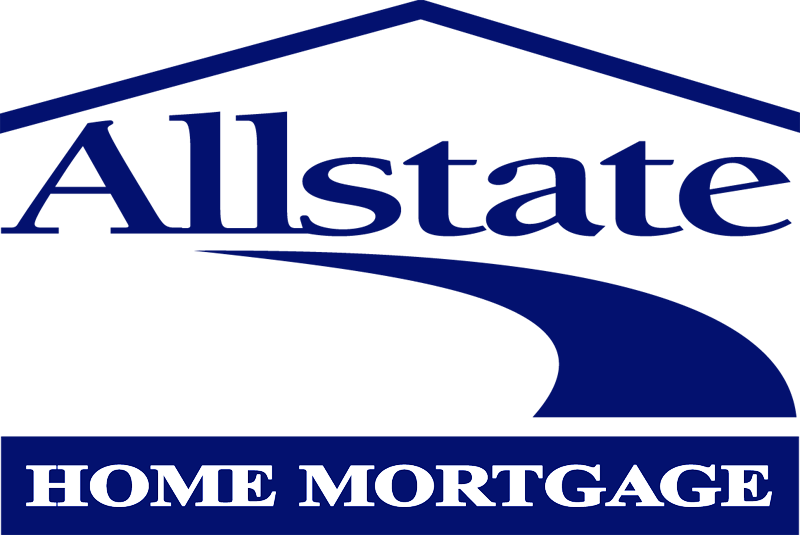

If you are one of the 22 million Americans who have filed for coronavirus-related unemployment in the past few weeks, you may also be wondering if you are going to be able to make your mortgage payments. If your income has vanished or been reduced due to COVID-19 shutdowns, you can appeal to your mortgage lender for payment forbearance. Before you do, there are several questions you need to ask to understand how it will affect your situation.
Is My Loan Covered by the CARES Act?
In the wake of the COVID-19 economic fallout, the U.S. government recently passed the CARES Act to provide mortgage borrowers and lenders with aid until everyone gets back to work. It allows anyone with government-backed loans (FHA, VA, USDA, Fannie Mae or Freddie Mac) to receive up to three months of suspended mortgage payments. (Those with Fannie or Freddie loans may be able to get up to 12 months of deferment.) During the deferment period, mortgage interest will continue to accrue. Borrowers have up to 180 days to request a forbearance and are not required to prove their financial hardship.
If you do not have a federally backed mortgage, you are not eligible for a CARES Act deferment but you can still talk with your lender about forbearance. Most lenders offer assistance of some kind.
Should I Ask for Forbearance If I Can Still Make My Payments?
There is certainly a temptation to defer everything when a crisis hits. However, if you have enough to make your current mortgage payment and if your employment and income situation is likely to pick up after business resumes, you should continue to pay your mortgage on time. Forbearance does not erase mortgage debt
How Will I Repay My Suspended Payments?
Forbearance does not mean your payments are canceled, just paused. Those payments will still come due at some point. Some plans will require the missed payments to be repaid in a lump sum while others will add them on to the end of the loan and still others will rework the monthly payment amount. Be sure you understand how you have to repay your deferred payments before you sign.
Would It Be Better to Get a Cash-out Refinance?
Once in a forbearance program, you may not be able to qualify for a refinance loan, eliminating one way to pay off your current loan. One alternative to forbearance is a cash-out refinance. Many Americans today have significant home equity that could be tapped for emergency payments. Plus, interest rates are near all-time lows, making refinance loans especially attractive.
Will My Credit Be Affected?
In general, a mortgage forbearance will be reported to the credit bureaus as late or missed payments and your credit score will fall. The CARES Act states that this current program will not harm credit scores, probably because borrowers are struggling because of widespread unemployment rather than because of poor financial habits.
If you are unable to keep up with your mortgage payments right now because of the coronavirus, contact your lender immediately to apply for a home loan forbearance. If you qualify, it could give you some breathing room while we wait for the COVID-19 shutdown to end.
